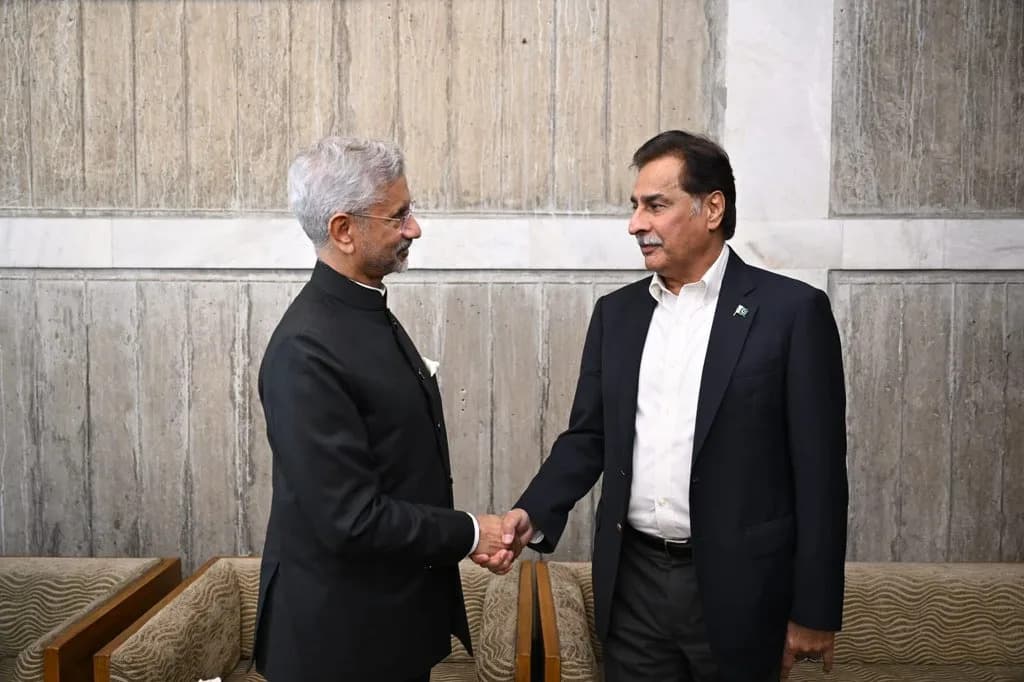Turkish television dramas have become a cultural phenomenon in Bangladesh, fueling interest in language, food and fashion. This cultural surge accompanies expanding diplomatic and defence ties between Dhaka and Ankara, including defence visits, talks on co-production and interest in Turkish drones. Observers say the trend reflects a broader strategic realignment as Bangladesh seeks new partnerships amid cooler ties with India.
From Soap Operas to Strategy: How Turkish TV Is Deepening Bangladesh–Turkey Ties

In a Dhaka dubbing studio, the rise of Turkish television has become more than entertainment — it is a cultural bridge that mirrors warming political and economic ties between Bangladesh and Turkey.
"Yasmeen! Yasmeen! I have fallen in love..." cried 32-year-old voice artist Rubaiya Matin Gity as she watched new episodes of the Turkish drama Kara Sevda (Endless Love) while recording Bangla lines. The show's popularity is one visible sign of a larger shift.
Soft power on screen
Turkish serials, once rare on Bangladeshi airwaves, have surged in popularity and begun to challenge the long-running dominance of Indian dramas. Broadcasters such as Deepto TV have invested in teams of translators, scriptwriters, voice artists and editors to localize these imports, and the channel's 2017 historical epic proved a breakthrough, attracting millions of viewers.
Cultural spillover
The TV boom has driven wider cultural interest: Turkish restaurants are opening in Dhaka, language courses in Turkish have sprung up at universities, and entrepreneurs are launching Turkish-themed fashion lines. "I have 20 students in a single batch," says Sheikh Abdul Kader, a trainer at Jagannath University. For some fans, the attraction extends to lifestyle choices inspired by Ottoman traditions — from riding horses to adopting new sartorial styles.
Strategic and defence engagement
Beyond culture, ties between Ankara and Dhaka are expanding in diplomacy, trade and defence. Although bilateral trade remains modest, officials and analysts see Turkey as an alternative partner for military equipment and technology.
Ankara's defence industry chief, Haluk Gorgun, visited Dhaka in July, and Bangladesh's army chief, General Waker-Uz-Zaman, is scheduled to visit Turkey to explore co-production of military equipment. Dhaka has also expressed interest in Turkish-made drones — a technology Ankara has exported to other South Asian states.
"Bangladesh stands ready to work hand in hand with Turkiye to unlock new opportunities for our people," said interim leader Muhammad Yunus after meeting a Turkish parliamentary delegation, signaling an intent to deepen ties.
Context and outlook
Observers note the relationship between the two Muslim-majority countries has faced setbacks in the past — notably around Bangladesh's independence in 1971 and over partisan tensions during the 2013 war crimes trials — but say engagement today is strengthening. The shift comes as Dhaka's relations with New Delhi have cooled amid recent political upheaval: an interim government has been in place since last year, after mass unrest led to the ouster of former prime minister Sheikh Hasina, who later traveled to India.
Soft power through television has helped open doors for broader cooperation. As diplomatic and commercial contacts increase, Turkish culture and industry appear set to play a growing role in shaping Bangladesh's foreign and domestic conversations.
sa/pjm/ami — Reporting consolidated and edited for clarity and context.
Help us improve.


































